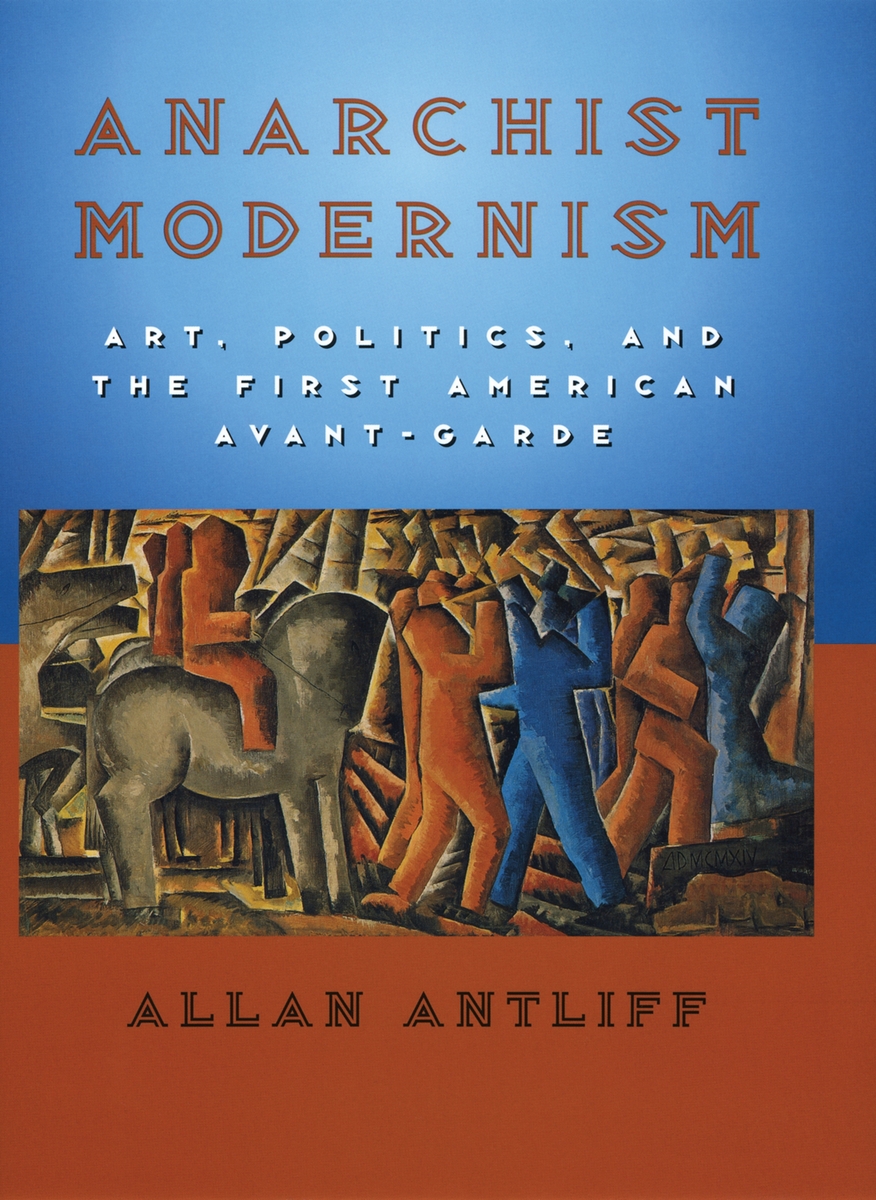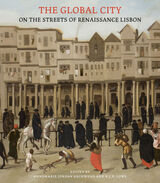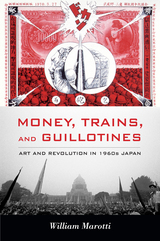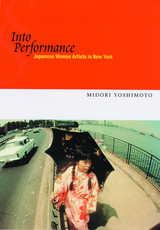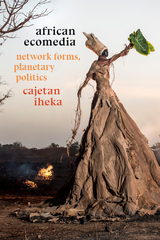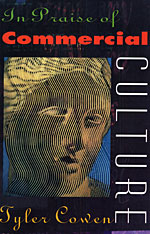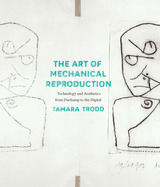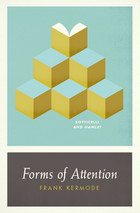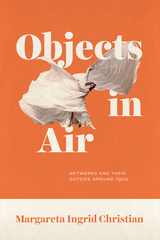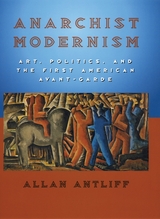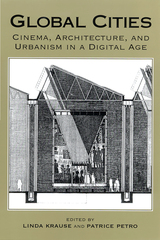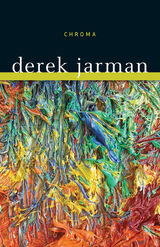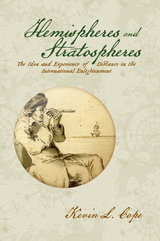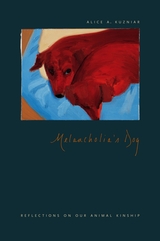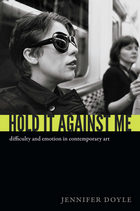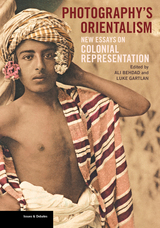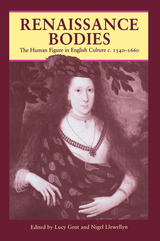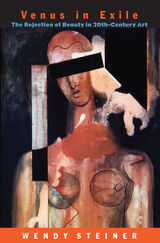Anarchist Modernism: Art, Politics, and the First American Avant-Garde
University of Chicago Press, 2001
Paper: 978-0-226-02104-1 | Cloth: 978-0-226-02103-4
Library of Congress Classification NX650.A52A58 2001
Dewey Decimal Classification 709.7309041
Paper: 978-0-226-02104-1 | Cloth: 978-0-226-02103-4
Library of Congress Classification NX650.A52A58 2001
Dewey Decimal Classification 709.7309041
ABOUT THIS BOOK | AUTHOR BIOGRAPHY | REVIEWS | TOC | REQUEST ACCESSIBLE FILE
ABOUT THIS BOOK
The relationship of the anarchist movement to American art during the World War I era is most often described as a "tenuous affinity" between two distinct spheres: political and artistic. In Anarchist Modernism—the first in-depth exploration of the role of anarchism in the formation of early American modernism—Allan Antliff reveals that modernists participated in a wide-ranging movement that encompassed lifestyles, literature, and art, as well as politics. Drawing on a wealth of hitherto unknown information, including interviews and reproductions of lost works, he examines anarchism's influence on a telling cross-section of artists such as Robert Henri, Elie Nadelman, Man Ray, and Rockwell Kent. He also traces the interactions between cultural figures and thinkers including Emma Goldman, Alfred Stieglitz, Ezra Pound, and Ananda Coomaraswamy.
By situating American art's evolution in the progressive politics of the time, Antliff offers a richly illustrated chronicle of the anarchist movement and also revives the creative agency of those who shaped and implemented modernism for radical ends.
By situating American art's evolution in the progressive politics of the time, Antliff offers a richly illustrated chronicle of the anarchist movement and also revives the creative agency of those who shaped and implemented modernism for radical ends.
See other books on: Anarchism | Antliff, Allan | Arts, American | Avant-garde (Aesthetics) | Politics
See other titles from University of Chicago Press
